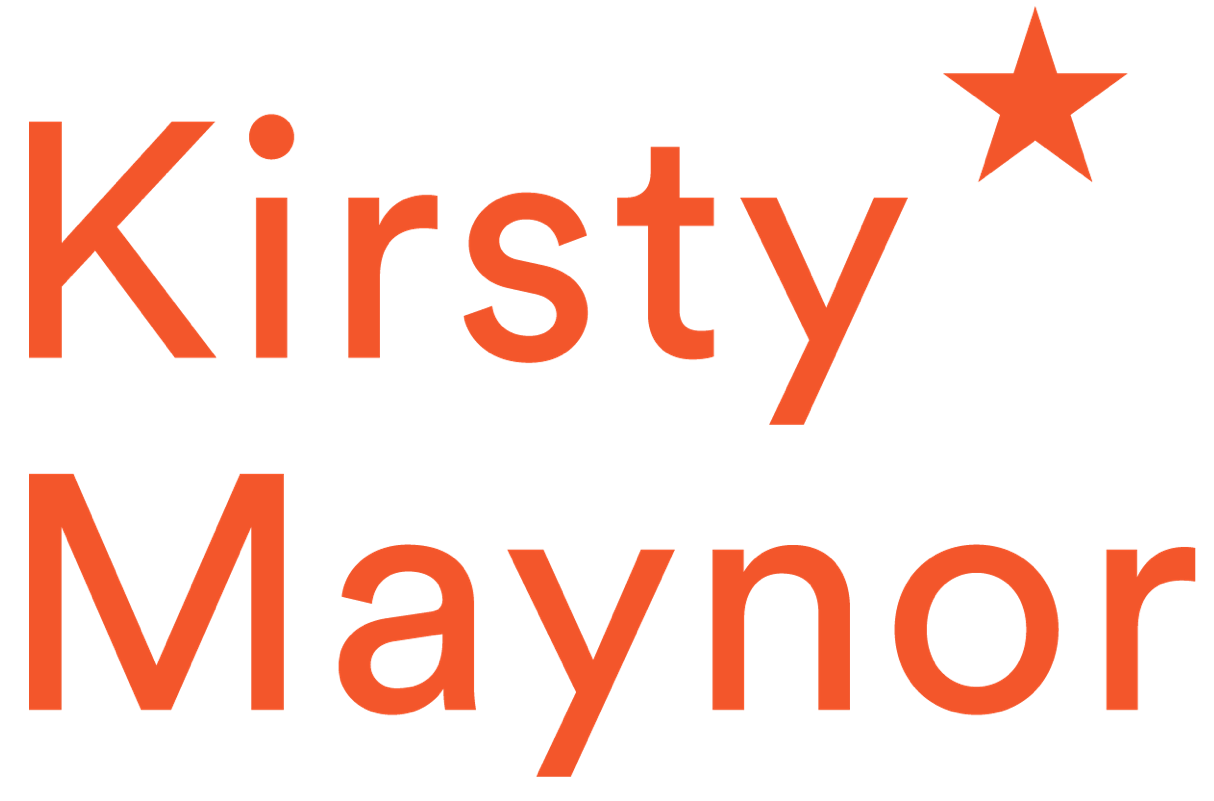Five tips on how to receive feedback
“We all need people who will give us feedback. That’s how we improve.”
Having completed my book manuscript in time for Christmas, I’ve now sent it out to a selection of almost 50 beta readers (thanks again to all those who volunteered to help). It seems like only yesterday that the book was nothing more than the seed of an idea in my mind and suddenly (admittedly not that suddenly, but the time has flown by) it all feels very real.
I’m super excited about how much - and how quickly - progress is being made, but I’d be lying if I said I wasn’t a little nervous. One of the things that I’m most concerned about is, how will I respond to the feedback I’ve asked for? What if they don’t like the book?
“I don’t really like feedback” is what I said out loud to my team as I pushed send on the emails asking for that very thing. And one thing I did do when I sent out the manuscript to beta readers was to attach a “guideline to feedback” with prompts and questions for them to consider when they were reading - not to shape their feedback but to help make sure it was constructive and focused on the things that are most helpful at this stage.
In theory, asking people for their opinions about your work is a great idea and as a writer, it’s an essential part of the process. But if we’re honest, many of us find it really hard to accept feedback - particularly if it’s negative - even though, deep down, we know that it’s important for both personal and professional growth.
With that in mind, here are my five tips for accepting feedback in a constructive way:
Take time to understand what’s being said
When we receive feedback, it’s easy to make assumptions about what the other person means, particularly if it’s not 100% clear. Take time to read or listen to all feedback properly and really think about what’s being said, then go back for further clarification if necessary. Try not to jump to conclusions because if you do, you could miss out on some valuable contributions.
Try not to get defensive - and notice when you do
This one is close to my heart! Most of us get defensive when we receive negative feedback - it’s a natural human response. But it’s not always a constructive one. Being defensive might lead us to question the credentials of the person providing the feedback, and dismiss their views because “they don’t know what they’re talking about”. If you find yourself in this position, start by thinking about why you asked for their opinion in the first place. If it was because you value what they have to say and respect their views, then their feedback is worth listening to. If the feedback is unsolicited (which might be the case in a working environment), then remember that the goal of feedback is to facilitate improvement. Try to view what’s being said objectively and don’t take it as a personal criticism. It can help to take a bit of space before you respond. Notice how you feel in your body, try to label the feeling and exhale any defensiveness before you get curious about what’s actually the gift here?
Keep an open mind
When we’ve worked hard on something (like writing a book, for example!) we can become overly attached to certain ideas or ways of expressing them. But that doesn’t mean we’re always right. Sometimes it takes another person to point out that something could be better expressed in another way. Keeping an open mind allows us to make real improvements, even if that means accepting that our way perhaps isn’t the best way after all. Ask yourself “What if there was 2% truth in what they’re saying?”
Don’t take it personally
Feedback isn’t always personal, even if it feels that way. Whether it’s coming from a supervisor at work, a driving instructor or a beta reader, in the majority of cases people are trying to help because they want you to succeed. If you can view their suggestions in an objective way and try not to see them as criticisms, you’re more likely to be able to make a balanced decision about whether to incorporate their ideas into your work. Helpful, constructive feedback is about your behaviours and actions, not about you as a human being. You therefore have a choice about what to do with it.
You don’t always have to agree
It’s okay if you don’t agree with the feedback you receive. The important thing is to try and use it in constructive ways - which really means choosing what you do with it. Feedback can motivate us to look at our work from a different perspective, reappraise why we’ve done it a certain way and ultimately, decide whether or not to make changes. Choosing not to incorporate another person’s suggestions into our final piece of work doesn’t mean we haven’t taken their feedback into consideration - in fact, quite the opposite! Revisiting an aspect of our work and deciding that we’re happy with it the way it is can be just as useful.
I know as well as anybody that feedback - however well-intentioned - can be hard to take.
That being said, I’m genuinely eager to know what my beta readers think about my book, because I know that their honest feedback will help me to improve and develop it into something even more special. So I’ll be doing my very best to follow my own advice, and respond to feedback in a calm, constructive and positive way. Wish me luck!
